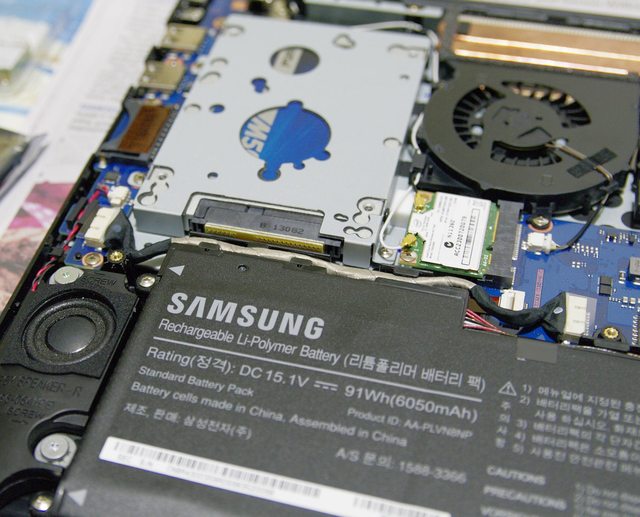The best thing about being Samsung is to own what you build.
 Original, proprietary craftsmanship, is not often associated with big tech corporations like Apple, LG or Samsung, as they are most often seen as manufacturing from third-party component suppliers. While there is a lot of truth when it comes to anything less than Apple or Samsung, these two planet-sized competitors deserve recognition for making a serious effort in owning their crafts.
Original, proprietary craftsmanship, is not often associated with big tech corporations like Apple, LG or Samsung, as they are most often seen as manufacturing from third-party component suppliers. While there is a lot of truth when it comes to anything less than Apple or Samsung, these two planet-sized competitors deserve recognition for making a serious effort in owning their crafts.
The Samsung example is particularly relevant, as Samsung in not only a product manufacturer, but a supplier, and most importantly, a chip maker as well. In fact Samsung has supplied chips and other technology to many manufacturers, including Apple, for years, although there exists a future chance that Apple might follow Samsung’s example and cut the cord completely, effectively becoming its own chips and components supplier.
Let’s take a peek inside a Samsung laptop
Samsung Semiconductor Inc, has it in the name: which means the dominant set of chips and electronics present on a single Samsung laptop mainboard, is designed, engineered and built by Samsung: what else does Samsung make?
If we were to unscrew the back of most Samsung laptops, like the Samsung ATIV Book 9, the first thing to catch the eye is a Samsung logo printed on the battery.
Samsung is also on the forefront of RAM modules production, making a push for 20 Nanometer DDR3 this past summer, and now DDR4. Such increasing level of power efficiency makes it easy for Samsung to keep a firm grip on brand recognition, inside and out, especially with 128GB DIMMs on the horizon.
Another strong suit of the South Korean tech giant is flat panel displays, whose implementation in all Samsung products goes without saying. Samsung monitors can be found everywhere, and often on non-Samsung products as well.
Samsung storage drives, from SSD’s to flash, are also among those components often seen on competitors devices.
Two things that Samsung relies on other suppliers for, are primarily CPUs, and GPUs.
Intel CPUs are most common on Samsung laptops, with a certain market share of AMD chips. Of course, nVidia is a go-to company for graphic processing units, even with Intel making strides in such direction.
With the exception of the CPU and GPU, there is very little, in a Samsung laptop that is not made by the company: a testament to the concept of craft ownership, and quality of engineering.